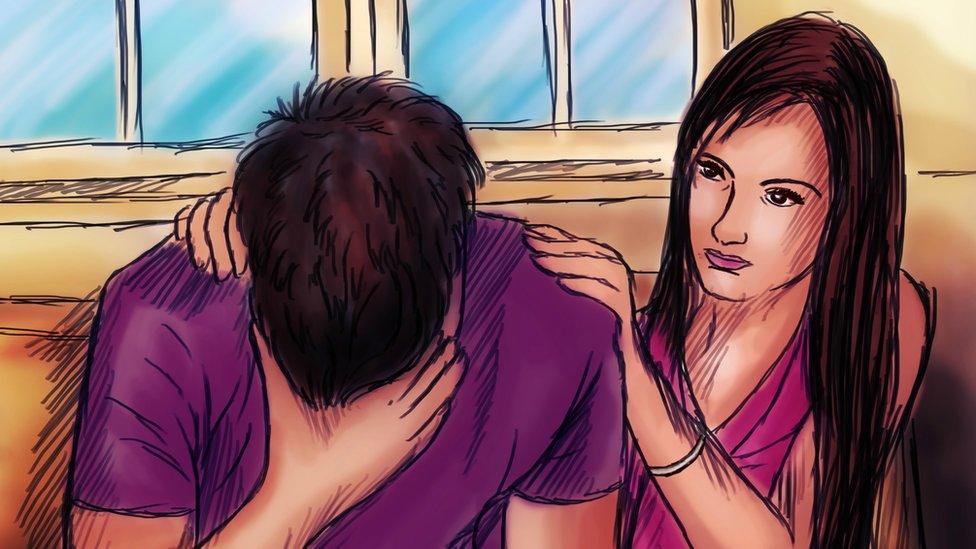Mental health in the Punjabi community: 'I see stigma everywhere'
- Published
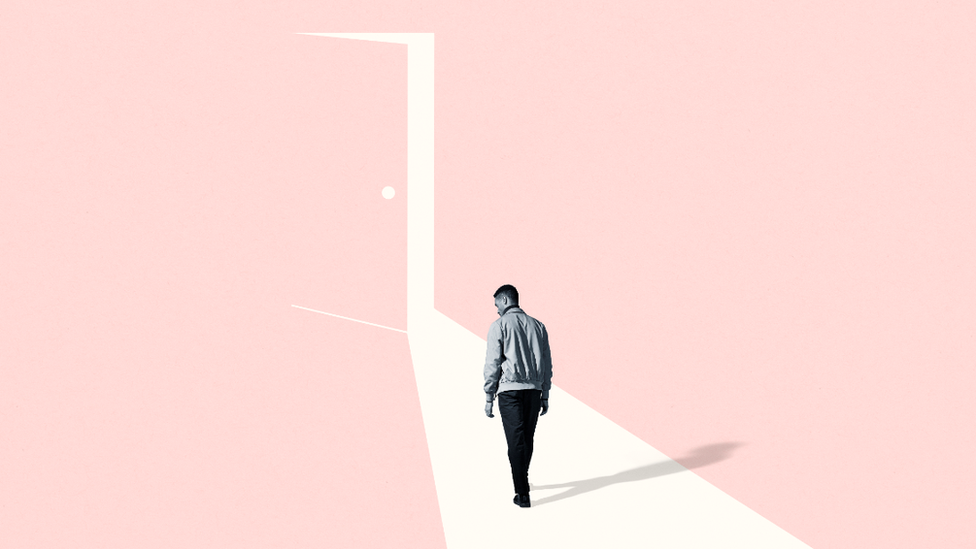
Seeking help for mental health is never easy but for some members of London's Punjabi community, the shame and stigma associated means they have struggled more than most.
Anyone having "problems of the mind" is often considered a burden upon the family says Dr Rakish Rana, founder of the Clear Coach, who added that a lack of education on mental health means it is considered a taboo subject.
"To support those with mental health issues, there needs to be more awareness in the South Asian community, whether that's through religious or community leaders, schools and families," he said.
"As with all cases of mental health, it needs to be openly discussed and normalised."
Shuranjeet Singh, the founder of Taraki, a not-for-profit mental health organisation, said its research carried out into the Punjabi community found more than half of respondents reported a decline in their mental health as a result of Covid-19, external.
"I can see stigma slowly reducing and I hope that community-focused solutions are well researched and funded, because no community is truly 'hard to reach'."
Here, Atma, 25, from London, shares his experience of how mental health has affected him and how comments he's had to hear along the way have left him feeling hurt and anxious.
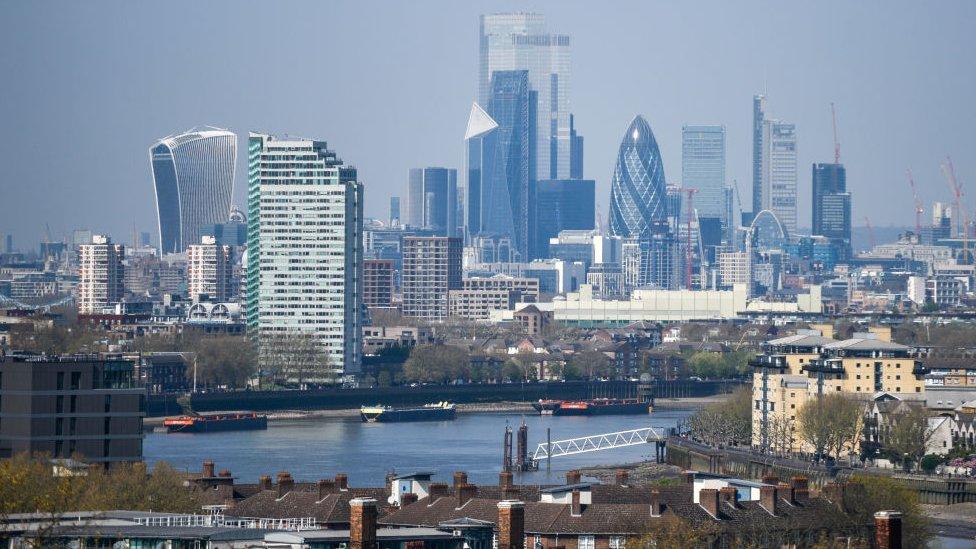
Atma lives in London
'Don't make excuses, you just don't want to listen'
As a Punjabi-Brit, I see the shame and stigma in our community everywhere; in telephone calls, in self-help videos on YouTube, in those false WhatsApp posts that appear in every family group chat.
The conversation around mental health has got better, but the stigma is still there and it's driven by the older generations; being the youngest in your family, we're always told that the elders know best.
Since I was a kid, I was told I had an 'old soul'. I think adults and peers thought this was a compliment, something to honour that I acted years older than I was. I used to think it was a compliment.
But I've realised it wasn't that I was more mature than my peers; it was that I was more troubled internally than they were and it began to reflect outwards.
'Cruel combination'
I think I've always had mental health issues. Having been born here in the UK and then moving to the States when I was little, I found home over there.
Moving back here made me miss home with an intensity; a loneliness grew in the absence of a place I could call my home.
When I was a teenager, my anxiety took form from juggling my racial, spiritual and creative identity with what society and my culture wanted from me.
My mental health has been an unsteady ground for the past two years, and I would be lying if I said there weren't days when it rules over me, diminishing my ability to do anything without it being a true struggle.
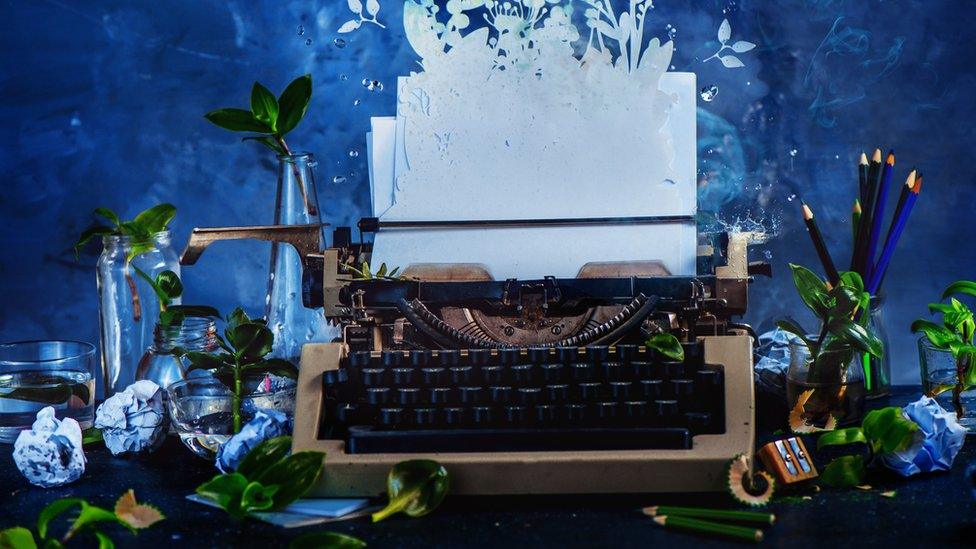
Atma says he writes poetry and stories to help him cope
In these past two years, the anxiety has remained, but depression tacked on to it. They are a cruel combination; one side of you always alert and scared, the other numb to all things and experiences.
Very little pierces through the veil of depression for me, but I try and hold on to the moments that do; they help me in those darkest-of-dark times, giving me a makeshift shelter in the storm.
One of my closest friends said that I 'thrive most in the company of others', and he isn't wrong. I do need alone time here and there to recharge, but I feel most comfortable, safe and happy, when I'm in the company of my friends and family. They're a sanctuary for me, but I need both halves to feel this way.
Having moved out of London to live with my parents during this time, Covid has taken one half of my sanctuary away from me and that has taken a toll I didn't realise was as harsh as it was going to be.
My anxiety has gotten worse, I have panic attacks far more regularly. My depression never left, but the loneliness of being away from my friends has only been amplified and there's only so much that texting and the rare FaceTime can do to remedy that.
'Take down the darkness'
It's more difficult now than it has ever been and the added layer of uncertainty only makes the situation more terrifying for me. I can't be hopeful for a future I can't see.
Therapy is too expensive and it's terrifying to face the reality that there is something wrong with you; there's no guarantee that you'll get better. That is terrifying; it only strengthens the lingering panic that people with anxiety feel.
In the meantime, I just try. Try and distance myself from situations that trigger my anxiety. I go on long walks in the countryside nearby and I listen to my favourite songs.
I write poetry, which has been my tool for coping with my mental health problems since I was 14; I think it's saved me in more ways than I realise. I game, I draw comics, I write scripts and short stories. I do anything to make sure I'm not myself, because I'm not ready to face myself and take down the darkness that festers inside.
I think what's frustrating about the stigma in our community is that it takes the form of a forked hypocrisy - in one breath, we'll see headlines of suicide rates in Punjabi farming communities and we'll say 'mental health is a problem that we need to do more about' and in the next breath, we'll punish one of our own if they say they can't handle the shouting and insults that are hurled at them because it gives them anxiety, and anxiety makes their heart race.
'Don't make excuses, you just don't want to listen'. I've heard that, from one of my loved ones when they were trying to argue with me and I walked away because I felt like I was gonna blackout.
Hearing that from someone who is meant to love you unconditionally, it feels like a shovel-full of dark dirt driving you deeper into the abyss that mental health creates.
If you, or someone you know, have been affected by mental health issues, the BBC's Mental Health website has a list of organisations who may be able to help.
- Published4 September 2016
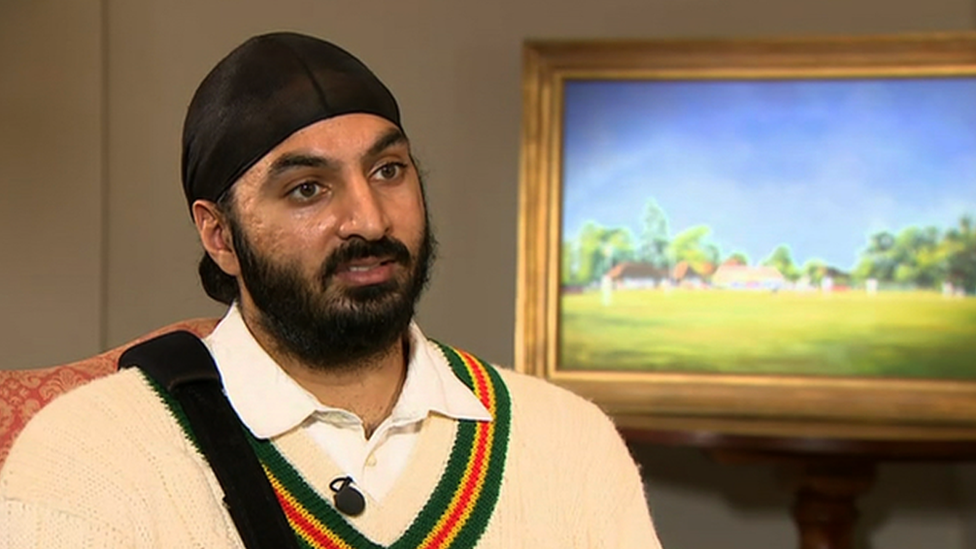
- Published4 April 2018
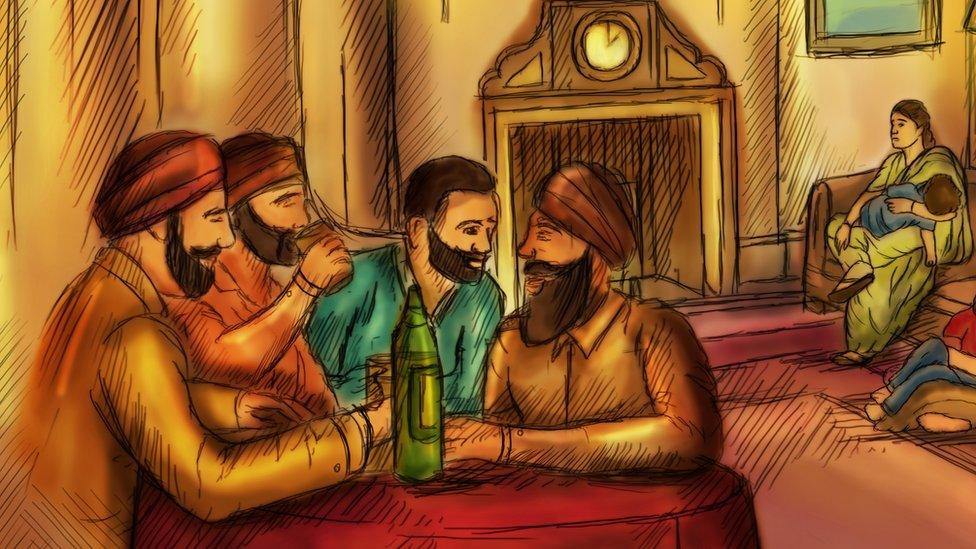
- Published16 May 2018
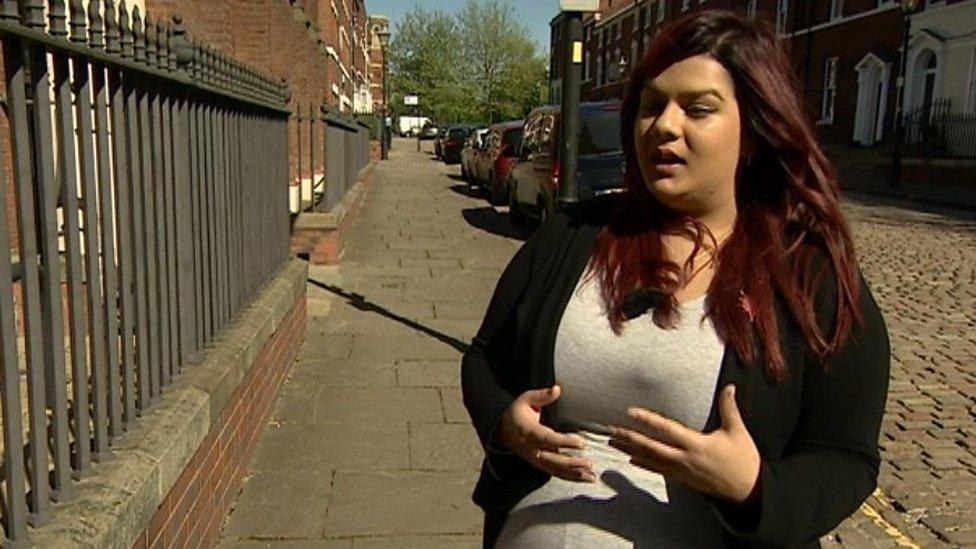
- Published9 May 2018
